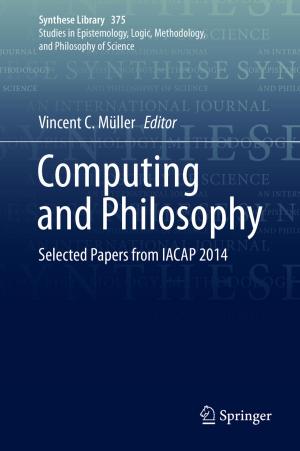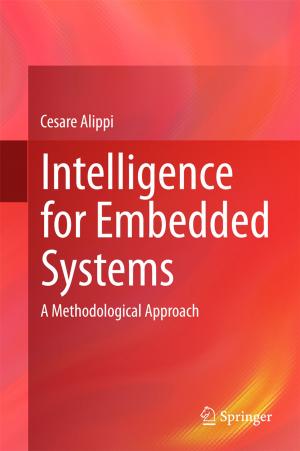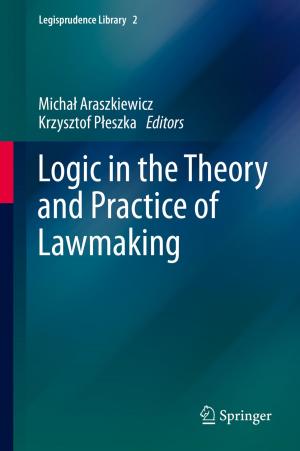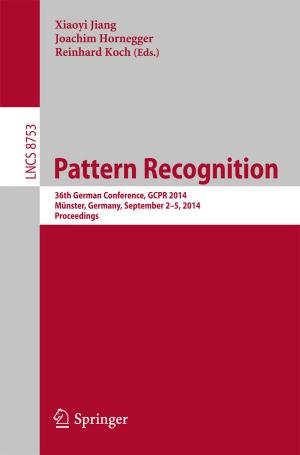Granular, Soft and Fuzzy Approaches for Intelligent Systems
Dedicated to Professor Ronald R. Yager
Nonfiction, Science & Nature, Mathematics, Applied, Computers, Advanced Computing, Artificial Intelligence, General Computing| Author: | ISBN: | 9783319403144 | |
| Publisher: | Springer International Publishing | Publication: | November 14, 2016 |
| Imprint: | Springer | Language: | English |
| Author: | |
| ISBN: | 9783319403144 |
| Publisher: | Springer International Publishing |
| Publication: | November 14, 2016 |
| Imprint: | Springer |
| Language: | English |
This book offers a comprehensive report on the state-of-the art in the broadly-intended field of “intelligent systems”. After introducing key theoretical issues, it describes a number of promising models for data and system analysis, decision making, and control. It discusses important theories, including possibility theory, the Dempster-Shafer theory, the theory of approximate reasoning, as well as computing with words, together with novel applications in various areas, such as information aggregation and fusion, linguistic data summarization, participatory learning, systems modeling, and many others. By presenting the methods in their application contexts, the book shows how granular computing, soft computing and fuzzy logic techniques can provide novel, efficient solutions to real-world problems. It is dedicated to Professor Ronald R. Yager for his great scientific and scholarly achievements, and for his long-lasting service to the fuzzy logic, and the artificial and computational intelligence communities. It has been motivated by the authors’ appreciation of his original thinking and groundbreaking ideas, with a special thought to his valuable research on the computerized implementation of various aspects of human cognition for decision-making and problem-solving.
This book offers a comprehensive report on the state-of-the art in the broadly-intended field of “intelligent systems”. After introducing key theoretical issues, it describes a number of promising models for data and system analysis, decision making, and control. It discusses important theories, including possibility theory, the Dempster-Shafer theory, the theory of approximate reasoning, as well as computing with words, together with novel applications in various areas, such as information aggregation and fusion, linguistic data summarization, participatory learning, systems modeling, and many others. By presenting the methods in their application contexts, the book shows how granular computing, soft computing and fuzzy logic techniques can provide novel, efficient solutions to real-world problems. It is dedicated to Professor Ronald R. Yager for his great scientific and scholarly achievements, and for his long-lasting service to the fuzzy logic, and the artificial and computational intelligence communities. It has been motivated by the authors’ appreciation of his original thinking and groundbreaking ideas, with a special thought to his valuable research on the computerized implementation of various aspects of human cognition for decision-making and problem-solving.















